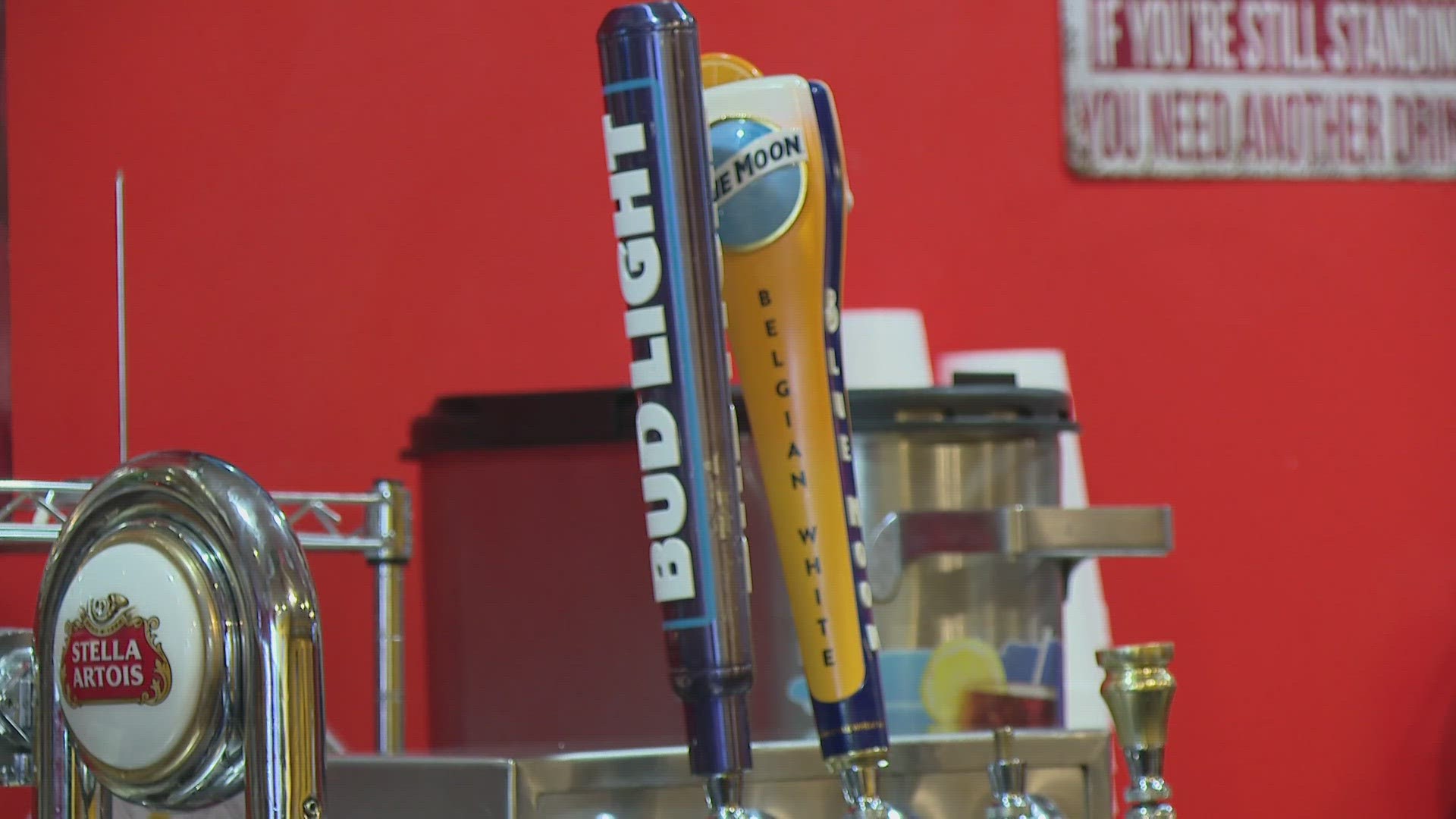ST. LOUIS — Businesses in the liquor realm reacted to a new bill in the works in the City of St. Louis.
The legislation is aimed at simplifying the process of obtaining liquor licenses, a development that could significantly impact establishments across the city.
Among those eagerly following the bill's progress is Christina Robles, part owner of Padrino's on Grand Boulevard, whose experience sheds light on the challenges faced by entrepreneurs in navigating the current licensing system.
Robles' experience epitomizes the struggles faced by many business owners in securing liquor licenses under the current system.
"It started in April and I did not get my liquor license until after I opened. It was the middle of September," she said, highlighting the months-long ordeal that delayed Padrino's from offering staple drinks like margaritas.
The cumbersome process involves gathering signatures from nearby residents.
"It always seemed like it was something that I had to go back for and redo," she said.
Under the proposed legislation, a person would have to apply for a 90-day temporary license after a few hearings. The excise commissioner could then opt to renew the license for 90 more days.
The city would then check to see if the business is making more than 50% of its revenue on food and consider community complaints before they could receive a permanent one.
"You're taking a gamble that you're going to go back into this city office in six months and they are going to say OK, fine you can operate this business. My thoughts are you would probably want to sew that up at the front," said Joe Kelly, a longtime liquor license consultant.
While the potential benefits of easier access to liquor licenses are evident, stakeholders emphasize the need to address community concerns.
Kelly, with 37 years of experience assisting businesses with licensing, underscores the importance of striking a balance between economic interests and neighborhood integrity.
"People in neighborhoods may not necessarily want a restaurant opening up across the street from them. Other than liquor, it does have an impact on a neighborhood," he explains, highlighting broader considerations beyond revenue generation.
These community stakeholders also agree there has to be a balance to do good business.
"It's 25% more sales revenue when you do have liquor and it's also the responsibility of the restaurant or the bar to control the people that come in," Robles said.
The bill will have a third reading and then a vote by the full board to determine whether it will go to Mayor Tishaura Jones' desk.

